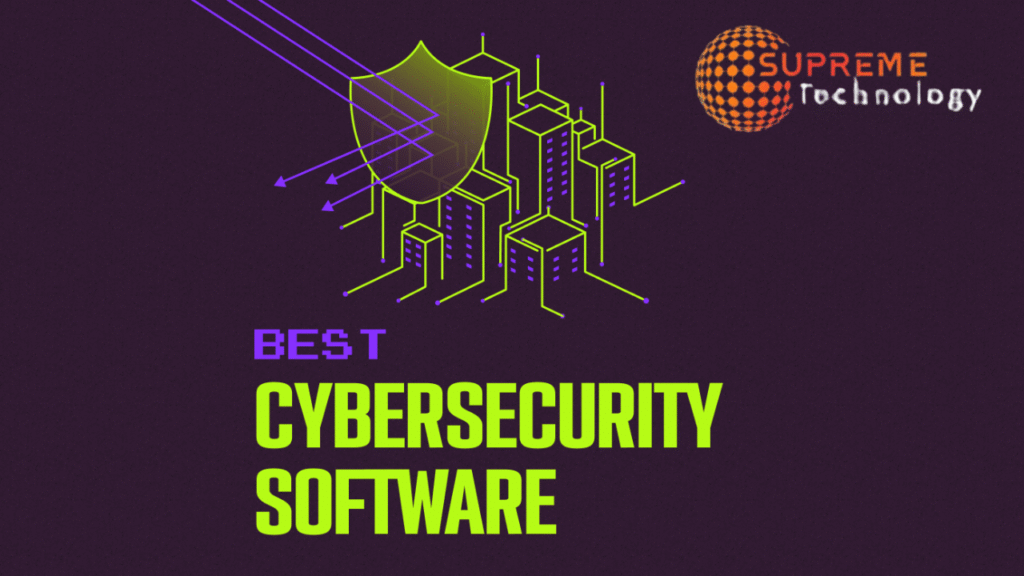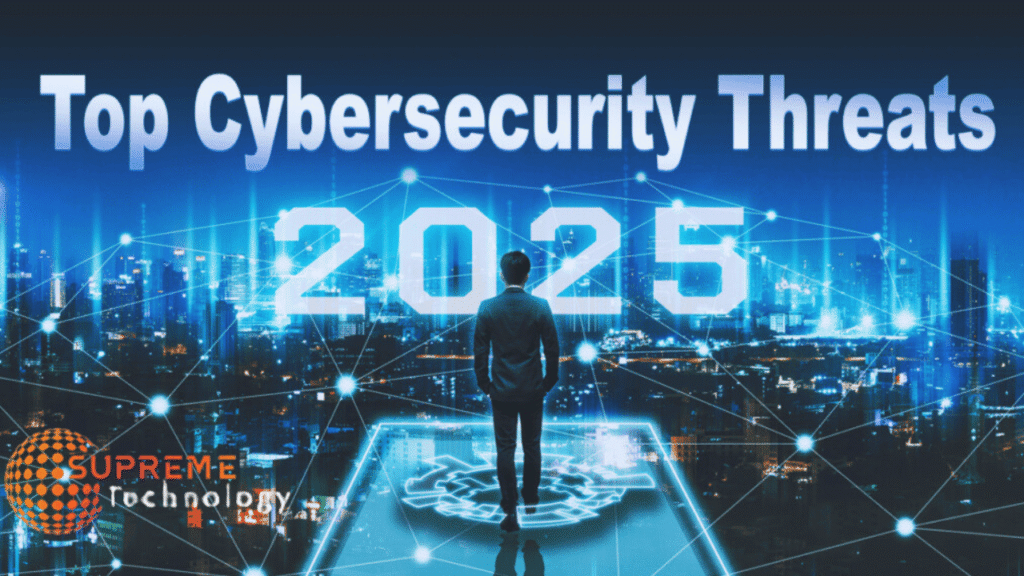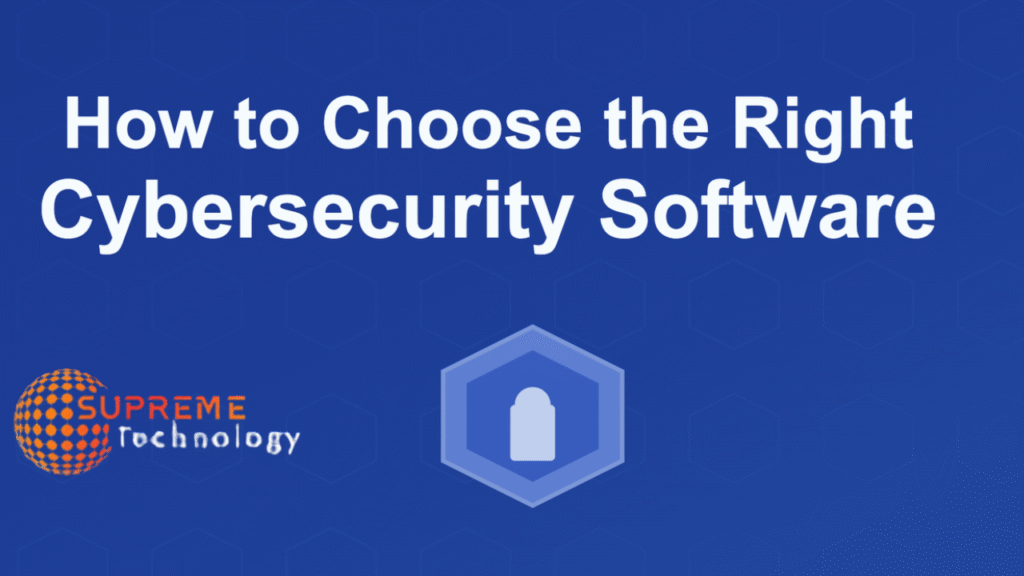In an increasingly digital world, Best Cyber Security Software is essential to protect devices, data, and privacy from evolving threats like malware, phishing, and ransomware. With cyber attacks growing in sophistication, choosing the right software is critical. This article highlights the best cyber security software for 2025, focusing on their features, strengths, and suitability for different users.

Best Cyber Security Software 2025 | Top Antivirus & Protection Tools
Top Best Cyber Security Software offers comprehensive protection, ease of use, and adaptability. Key factors to consider include:
- Real-Time Threat Detection: Identifies and blocks malware, ransomware, and phishing in real time.
- Privacy Features: Includes VPNs, password managers, or data encryption to safeguard personal information.
- Performance Impact: Minimal slowdown on system resources.
- Cross-Platform Support: Protection for Windows, macOS, Android, and iOS.
- Independent Testing: High scores from labs like AV-Test, AV-Comparatives, or SE Labs.
- User-Friendly Interface: Easy setup and management for all skill levels.
Top Cyber Security Software for 2025
Based on recent analyses, independent testing, and user feedback, here are the best cyber security software options for 2025:

1. Bitdefender Total Security
- Why It’s Great: Bitdefender consistently earns top marks from AV-Test and AV-Comparatives for its near-perfect malware detection rates. Its multi-layered ransomware protection and minimal system impact make it ideal for most users. The 2025 version includes an enhanced AI-driven threat detection system.
- Standout Features: Autopilot mode for hands-off protection, built-in VPN (200 MB/day free), password manager, and webcam/microphone protection.
- Best For: Home users seeking all-in-one protection across multiple devices.
- Drawbacks: Full VPN requires a separate subscription; higher-tier plans can be pricey.
2. Norton 360 Deluxe
- Why It’s Great: Norton offers robust protection with a 100% malware detection rate in recent SE Labs tests. Its 2025 suite includes dark web monitoring, a full-featured VPN, and parental controls. AI-powered behavioral analysis catches zero-day threats effectively.
- Standout Features: 50 GB cloud backup, unlimited VPN, and LifeLock identity theft protection (select plans).
- Best For: Families and users needing comprehensive security and identity protection.
- Drawbacks: Expensive renewals; some features limited to specific regions.
3. Kaspersky Premium
- Why It’s Great: Kaspersky delivers excellent malware protection (99.9% detection in AV-Test) and low system impact. Its updates enhance phishing protection and include a privacy-focused browser extension. Despite past concerns about its Russian origins, independent audits confirm data security.
- Standout Features: Stalkerware detection, encrypted file vault, and unlimited VPN (select regions).
- Best For: Tech-savvy users wanting advanced features at a reasonable price.
- Drawbacks: VPN and some features vary by region; geopolitical concerns may deter some users.
4. Malwarebytes Premium
- Why It’s Great: Malwarebytes excels at removing existing threats and offers real-time protection against malware and exploits. Its 2025 version improves browser guard capabilities and integrates lightweight AI scanning. It’s less resource-intensive than competitors.
- Standout Features: Browser extension for ad and tracker blocking, simple interface, and fast scans.
- Best For: Users needing lightweight protection or cleanup for infected devices.
- Drawbacks: Lacks extras like VPN or password manager; not as feature-rich as Bitdefender or Norton.
5. ESET Smart Security Premium
- Why It’s Great: ESET combines strong malware protection (99.8% in AV-Comparatives) with low system impact. Its 2025 suite includes a secure browser for banking, password encryption, and anti-theft features for laptops. It’s highly customizable for advanced users.
- Standout Features: UEFI scanner for boot-level threats, device encryption, and minimal CPU usage.
- Best For: Advanced users and those with older hardware.
- Drawbacks: Interface feels dated; fewer extras compared to Norton or Bitdefender.
Warnings and Considerations
- Free vs. Paid: Free antivirus software (e.g., Windows Defender) offers basic protection but lacks advanced features like ransomware protection or VPNs. Paid suites are better for comprehensive security.
- Geopolitical Concerns: Kaspersky’s Russian ties raise questions for some users, though audits confirm no data misuse. Verify provider reputation if this is a concern.
- System Compatibility: Ensure the software supports your devices (e.g., macOS, Android). Most suites cover multiple platforms, but features may vary.
- Subscription Costs: Renewal prices can be higher than introductory offers. Check long-term costs on official sites like https://www.bitdefender.com or https://www.norton.com.
- Combine with VPNs: For enhanced privacy, pair with a trusted VPN like NordVPN or Proton VPN (details at https://nordvpn.com or https://protonvpn.com).
How to Choose Best Cyber Security Software

Select software based on your needs:
- Comprehensive Protection: Bitdefender or Norton 360 for all-in-one security with VPN and identity protection.
- Lightweight Option: Malwarebytes or ESET for minimal system impact.
- Budget-Friendly: Kaspersky offers robust features at a lower cost.
- Advanced Users: ESET or Kaspersky for customizable settings.
Conclusion
In 2025, Best Cyber Security Software like Bitdefender Total Security, Norton 360 Deluxe, Kaspersky Premium, Malwarebytes Premium, and ESET Smart Security Premium lead the market with strong protection, user-friendly features, and high lab scores. Whether you prioritize ransomware defense, low system impact, or extras like VPNs, there’s a solution for every user. Evaluate your needs, test options, and pair with privacy tools like VPNs to stay secure in an ever-evolving threat landscape.
